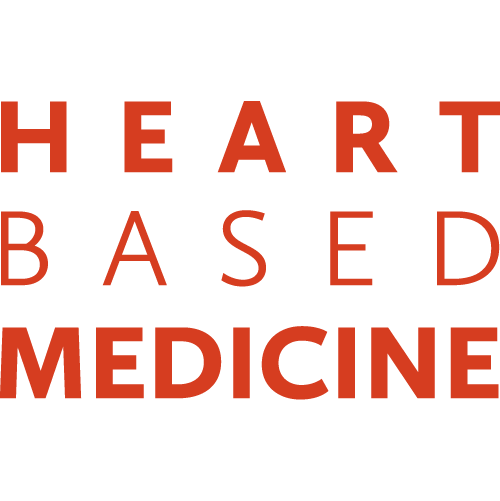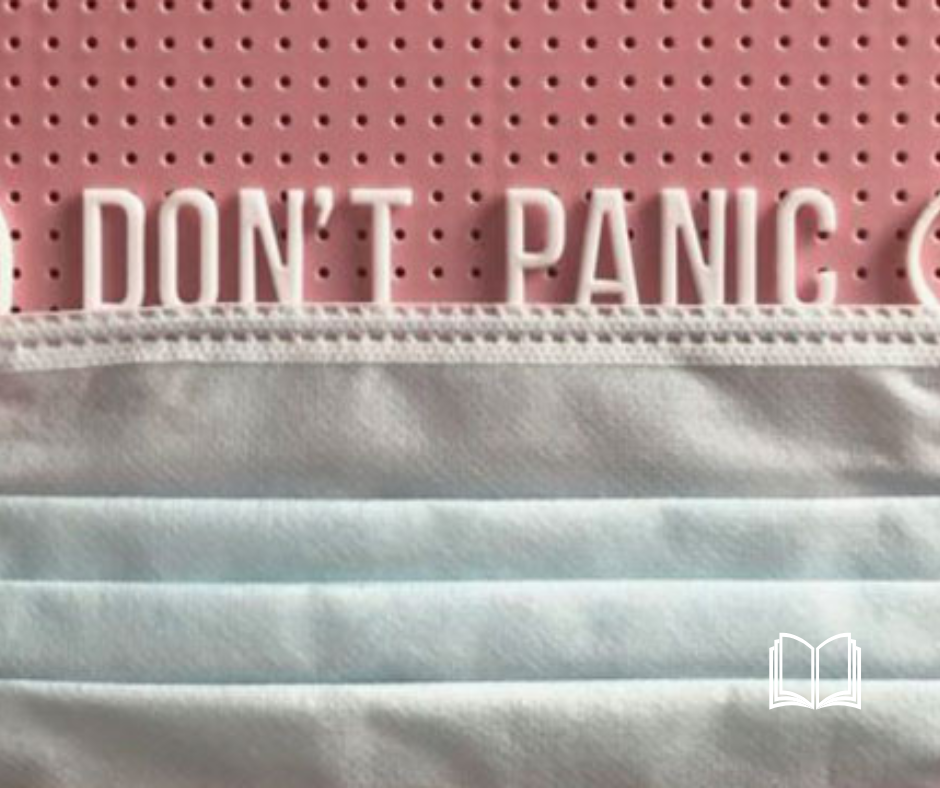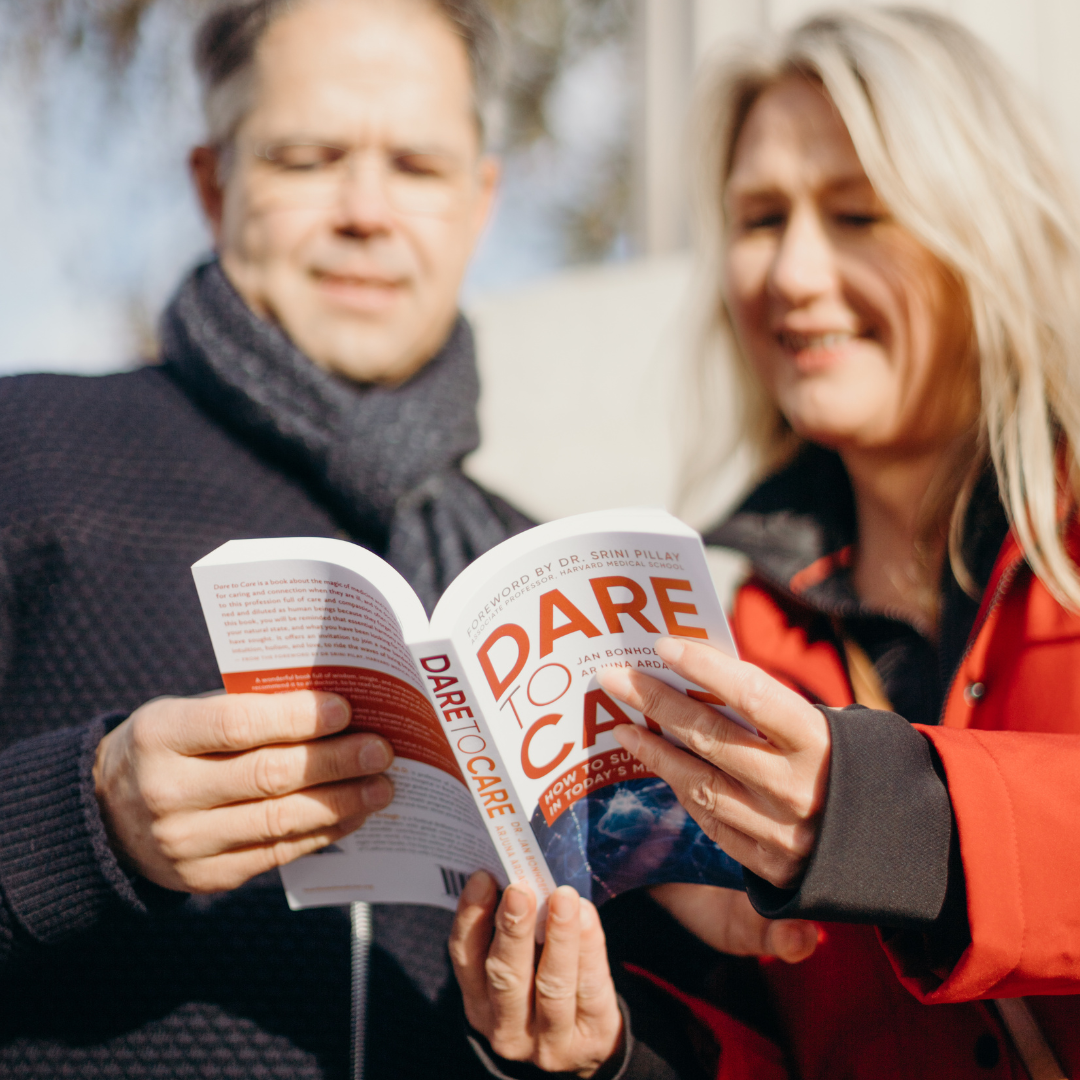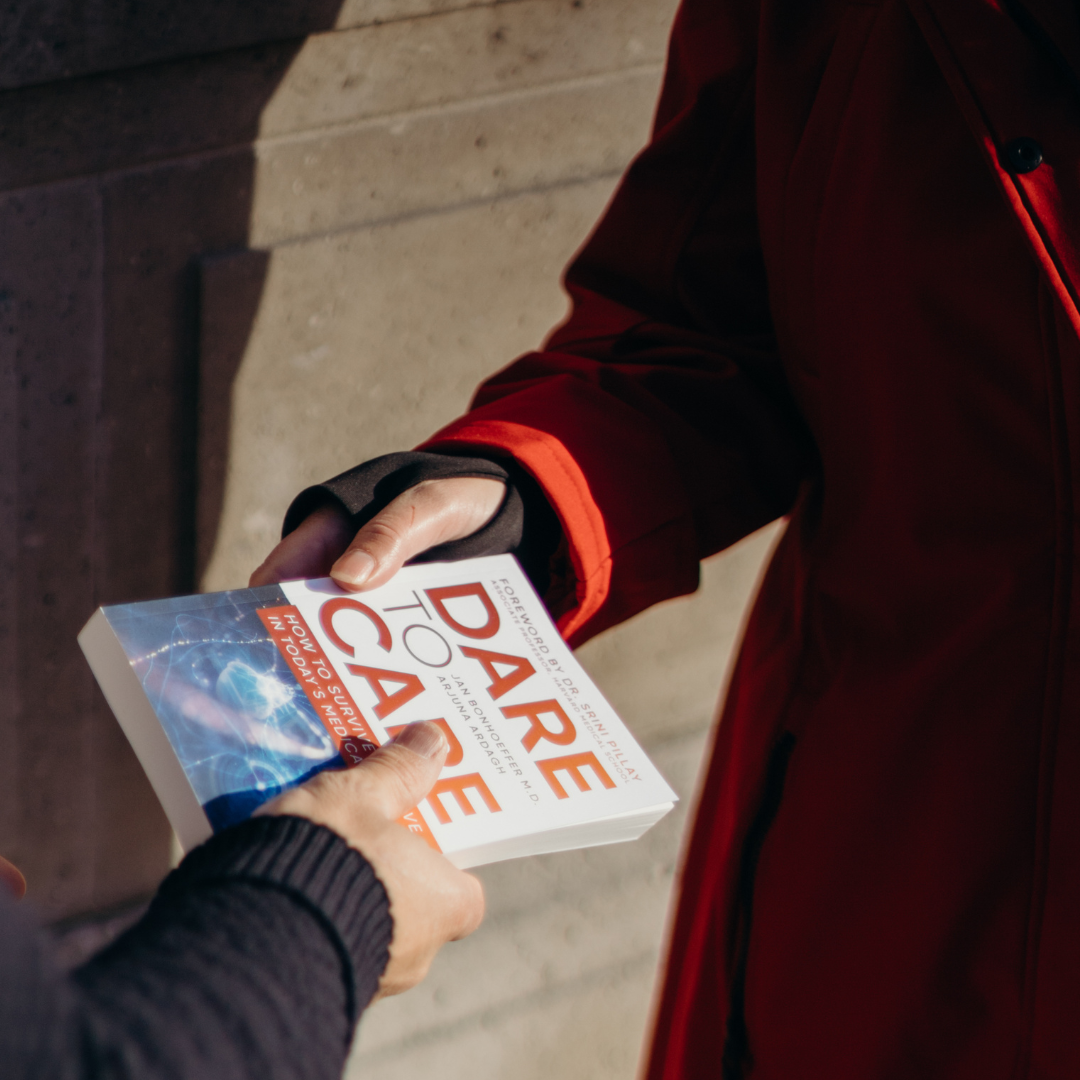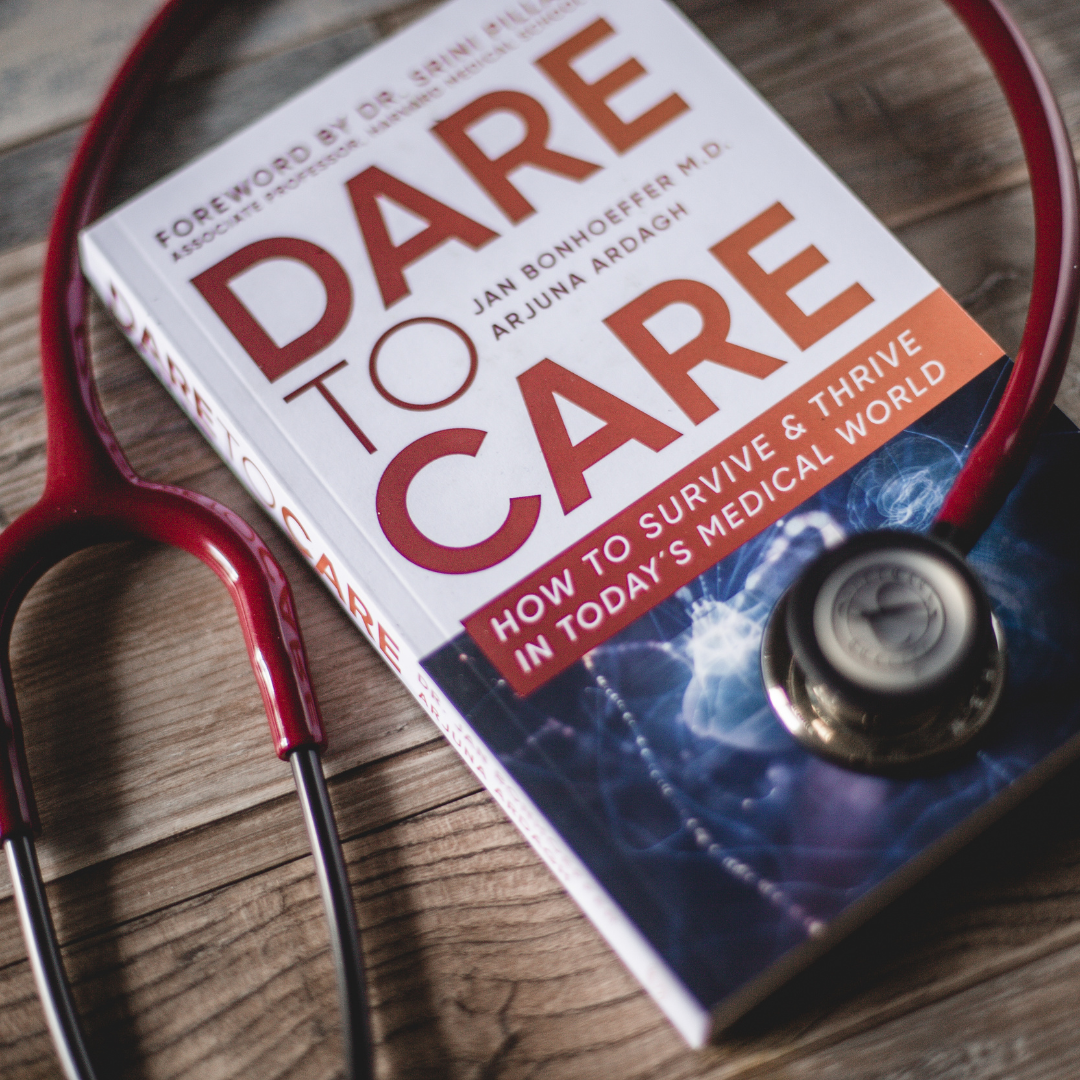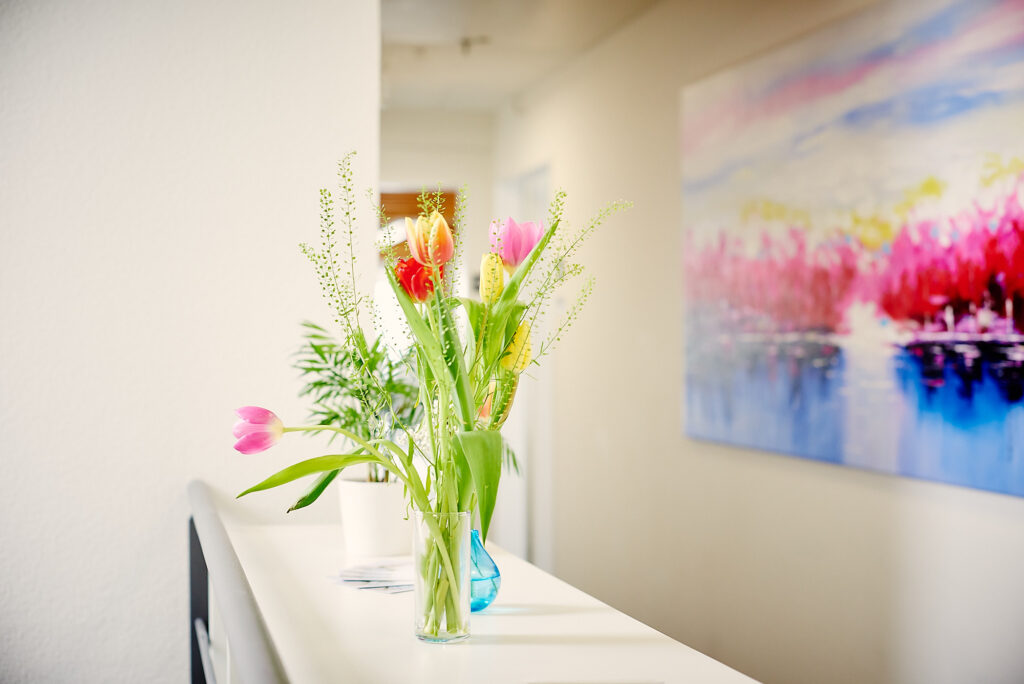As a pediatric physician, I have met with hundreds of families over the last weeks concerned about the COVID19 pandemic. It is a real challenge, and stretching our healthcare resources to the maximum. But there is another infectious disease I have also had to address, which is just as serious, and just as grave threat to our well-being.
I remember, just a few weeks ago, when COVID19 first hit Europe. We were just starting to adjust to the changes.
“It’s kind of different, huh?” I asked Sarah, our receptionist. The lobby was empty, and so quiet that I could hear distinctly voices from the office. Our practice coordinator, our staff nurse and the physician were all talking. Each was on the phone, or a video call to a patient at home. Usually, the lobby is full of young mothers with their babies, prams and pushchairs lined up against the wall. Not today, it was empty.
Sarah was sitting alone at the reception desk. No one was queuing up to speak with her. I could only tell by the slight movement in her eyes that she was probably smiling at me under her surgical mask. “Giacomo’s family is waiting to speak with you,” Sarah said.
Sure enough, as I approached the consultation room, the boy’s father stuck his head out through the door. He looked pale and tired. He was wearing his surgical mask, scanning the corridor anxiously for me to arrive. His wife stood in the corner of the room, an elegantly dressed Italian lady, holding her three-year-old son in her arms.
“Doctor,” she said, “we are so worried. Giacomo has been sick for a week now with a cough and cold and fever. He doesn’t want to drink, he complains of headaches, and he’s constantly tired with sore throat and pain.”
Before I had time to even examine the boy, his father jumped in. “ I work in one of the big pharmaceutical companies. In the unit where I work, one of my colleagues had contact with someone who tested positive for the virus. I have had contact with this colleague, and now for two days I am coughing.”
His wife followed, without a pause. “Yes, me too. I’ve also been coughing for the last couple of days, I have a temperature and I feel rather unwell.”
“I understand,” I said to them. “So you are worried that this might be the coronavirus?”
“Yes,” said the boy’s mother. “My family is in northern Italy, and you know what the situation is like. Half of them are in quarantine, and being tested. So we are worried that we might have it too.”
“Did you have any contact with your family recently?” I asked. She looked confused for a moment, and then had to admit that she hadn’t seen her family for more than a month.
I examined Giacomo. “Your son has typical symptoms of the seasonal flu. This is not the typical presentation of coronavirus. He also does not seem to have had contact with anyone who has had the virus, and the two of you developed symptoms later. It seems quite likely that your son has the flu, and that you have picked it up from him.”
I turned to the boy’s father. “It seems that the contact you had with someone at your workplace is very indirect. If your colleague shows no symptoms, and simply had some contact with someone who later tested positive, it is quite unlikely that you have been infected. And if your family is in Italy,” I said to the boy;’s mother, “you would need to have direct contact with them for this to be an issue.” But none of this seemed to put the family at ease.
“But what about work on Monday?” the boy’s father continued. “The schools will be closed, And we both have to be back at work. How are we going to manage?”
“We are all in the same situation,” I replied. “It is the same for all of us here at the clinic. We all have to show up for work as healthcare professionals, and we are having to find childcare solutions. So we are getting organized among ourselves. But since you have a cough and a fever, your employer will require you to be at home in quarantine. So I can write you a note.”
“So can’t you test me for this virus?”he asked. At this time, when this meeting took place, there were almost no test kits available. So I told them that they would simply need to quarantine, and wait it out.
“What is this?” The boy’s father raised his voice. “How is it possible that we have public health regulations in place, leaving parents in limbo, leaving employees in limbo without offering any solution? At work, at the school, in the neighborhood everyone is scared. Everyone is afraid of one another now, seeing each other as a threat. Every time someone coughs, we all panic.”
“I understand,” I said. You know, when I was at medical school we actually studied what happens during outbreaks. People have always reacted in this way. We have to choose to focus on what we want to create, and not to focus on what we want to avoid. May I invite you to perform a little experiment? I suggest that you start to consider what steps you can take to be supportive and calming to people in your community. This will help you much more than being in a state of fear.”
Luckily, this family could understand what I was saying, and they left feeling more calm. Neither this three-year-old child nor any of his family had the coronavirus. It was just seasonal flu.
Since that consultation, which happened near the beginning of the outbreak, I have had similar conversations with literally hundreds of families. The primary symptom of the coronavirus epidemic that I have had to treat, as a family physician, is not cough, nor fever, but fear. It has been interesting, in the last three weeks, to be meeting perhaps thirty patients a day and every single one of them is in a state of panic.
After each consultation, we are now required to disinfect everything. Counters have to be wiped with alcohol. I have to change my mask, and sometimes, if a patient is sick, I need to wear protective clothing that has to be changed between patients. This is to ensure that no patient passes an infectious disease on to me, and that I do not then pass it on to new families.
But just the same precautions need to be put in place with the fear. It has taken extraordinarily discipline on my part to not only change my mask between patients, but to also wash myself of the fear. I have to find a way to stay connected with trust, with positivity, with a loving attitude towards everyone who comes in.
Fear is a very tangible frequency. It has a certain energy to it. I have to make a conscious decision every 15 minutes to remind myself to not be infected by fear, so that I don’t pass it on to others, but to stay openhearted, loving and caring.
This pandemic has provided a wake-up call to healthcare workers everywhere. It reminds us how important it is to take time between patient visits, to tune in and to be aware of our own emotional state, and to notice what takes us out of the state of compassion and heart-full-ness. Just as we need to remember to wash our hands, to disinfect surfaces, to practice good hygiene, so we also need to notice what whips us up into a state of panic. As long as we are focused on medical training and statistics, on regulatory and public health requirements, we may do everything we need to prevent the spread of the coronavirus, but it takes an extra step to also prevent the spread of the virus of fear.
Disclaimer: The views and opinions expressed in this article are those of the author and do not necessarily reflect the views of the Heart Based Medicine organization. They are not intended to diagnose, treat, cure or prevent any disease. They are the expressed opinion of the author for the sole purpose of educating the public regarding their health and wellbeing. Individual results may vary. Seek the advice of a competent health care professional for your specific health concerns.
